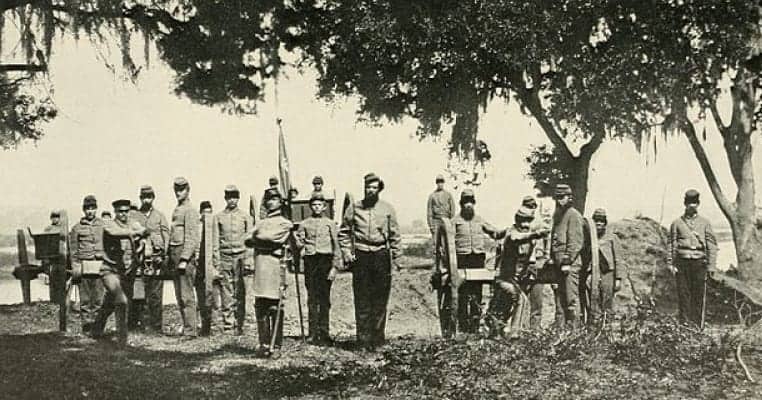Southern history is a touchy subject. Many from the region are proud of their cultural heritage, but bad memories plague the South. In today’s political climate, we easily connect the history of the Southern states with images of slavery, racism, bigotry, and the Civil War. Any venture south of the Mason-Dixon line will find a proud people who celebrate their cultural identity. Southern people love to be “Southern,” even if it means facing its horrifying past.
In the 1860s, the Confederacy distanced itself from the Union even further by adopting the nickname, “Dixie.” Who thought of that name? How has this phrase lasted to the present day? It is a synonym for Southern identity that is slowly dying out. Older generations will stand tall and proudly declare they are from Dixie. Younger Southerners do not use the term anymore, but they know exactly what it means. Today, Dixie is more of a mindset – one with a complicated history.

“Dixie” is the center of several anecdotal stories. Depending on who you ask, they are all true. One tells of a benevolent slave-owner, Johann Dixie of Manhattan Island. When New York outlawed slavery in 1827, Dixie sold his slaves, many of whom ended up on Southern plantations. When they arrived, they spread tales of the better treatment received while living in the North, expressing their desire to return to “Dixie’s Land.” However, historians have never been able to confirm the story, and it remains a myth.
Another version originates in New Orleans, Louisiana. Before the Civil War, the city was the largest port in the South, with its own bank. A majority of the population of the former French colony still spoke the language. The Citizens’ Bank of New Orleans printed $10 notes with the word “dix” – the French word for “ten” – on the back of the paper currency. These notes – “dixies” – soon spread throughout Louisiana and the rest of the South.

With the commercial success of the port city, the people of New Orleans eventually nicknamed their home “Dixie.” The term spread through the region, soon including the state of Louisiana. By the Civil War, all of the southern states adopted “Dixie,” and it became a cultural reference for the Confederacy. While this makes for a good story, it is also missing from the historical record. Most likely, it is a tall tale that has grown over generations. So, where did the name come from?

